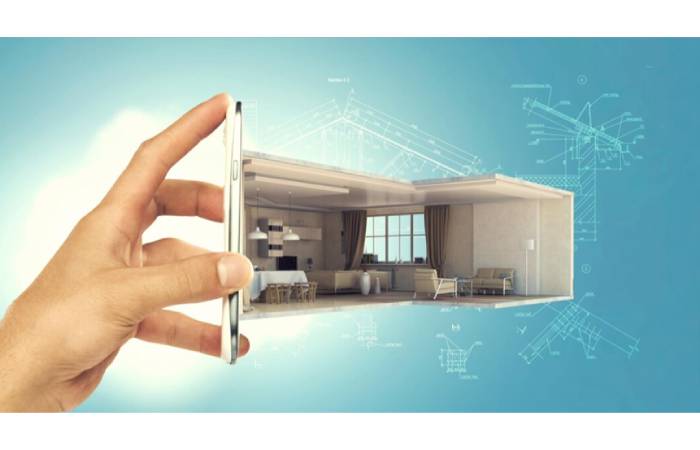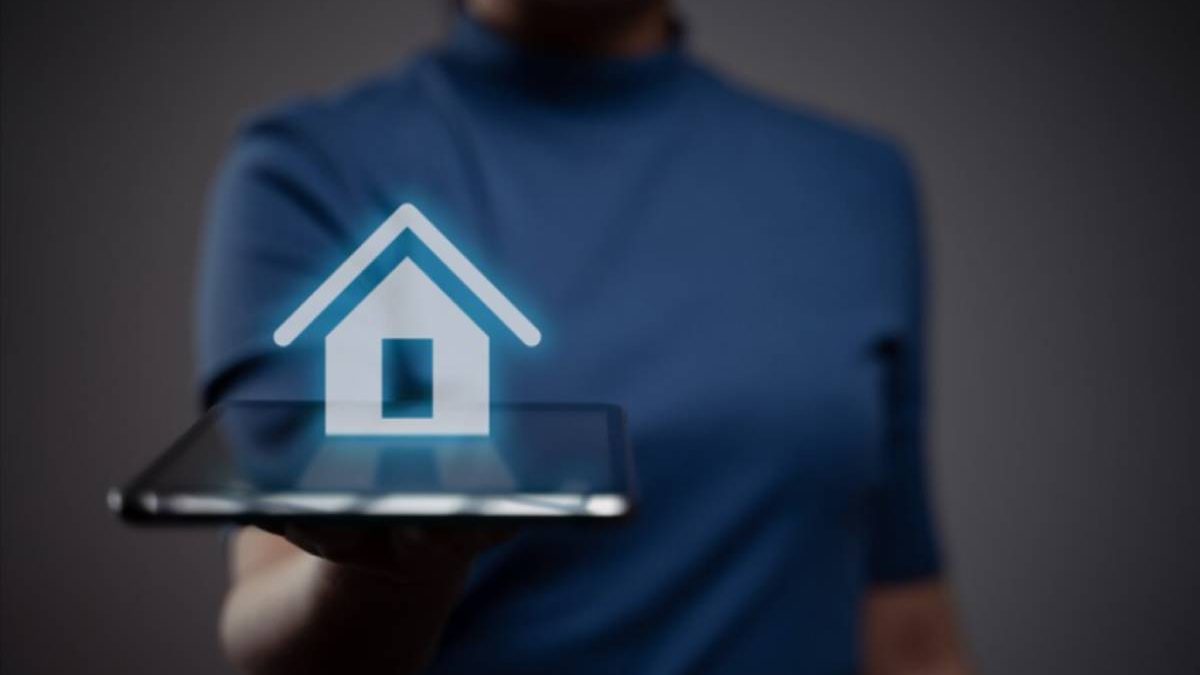Embracing Technology in the Modern Real Estate Market
The landscape of homebuying is undergoing a seismic shift, propelled by technological advancements. This transformation is not just changing how homes are bought and sold but redefining the essence of real estate transactions. As we delve into this new era, it’s crucial to understand the pivotal role of technology in modernizing the homebuying process. This article explores the dynamic changes reshaping the real estate world, providing insights into the digital tools and innovations making home buying more accessible, efficient, and secure than ever before.
Table of Contents
How Technology is Changing Homebuying
In the past, purchasing a home involved numerous in-person meetings, paper-based processes, and a significant time commitment. Today, the integration of technology has streamlined this experience. Digital platforms now enable potential buyers to view properties virtually, reducing the need for physical visits. Online mortgage calculators and financing tools have simplified the financial aspect, allowing buyers to easily assess their affordability and loan options. Additionally, real estate apps and websites offer comprehensive listings with detailed information, photos, and even neighborhood data, all accessible from the comfort of one’s home. It’s vital to remember a few key tips when purchasing a home. Firstly, leverage technology to research and compare properties thoroughly. Secondly, use online tools for financial assessments and pre-approvals. Lastly, engage with digital resources to understand the local real estate market trends and values.
The Impact of E-Signatures and Online Document Management
The second major shift in the homebuying process is the adoption of electronic signatures and online document management. The days of physically signing stacks of paperwork are fading away. E-signatures have become legally recognized and widely accepted, making signing contracts and agreements faster and more convenient. Online document management systems ensure secure storage and easy access to important documents, enhancing organization and reducing the risk of lost paperwork. This evolution saves time and adds a layer of security and efficiency that was previously lacking. This advancement is particularly beneficial for those involved in long-distance transactions or those with tight schedules, as it eliminates the need for physical presence during various stages of the homebuying process. It represents a significant leap towards a more streamlined, user-friendly real estate experience.

The Role of Blockchain and Smart Contracts
The third and most pivotal transformation in the modernization of homebuying is the introduction of blockchain technology and smart contracts. Blockchain, a decentralized ledger system, offers unparalleled security and transaction transparency. It ensures that all data related to a property transaction is immutable and traceable, significantly reducing the risk of fraud. Smart contracts, self-executing contracts with the terms of the agreement directly written into code, are revolutionizing the real estate transaction process. They automate various transaction stages, from verifying property details to releasing funds upon meeting agreed terms. This automation speeds up the process and minimizes human error and the need for intermediaries. Using smart contracts in real estate transactions heralds a new era of efficiency and security. These digital contracts can facilitate seamless property transfers, escrow services, and even automate legal and regulatory compliance. This innovation is not just a futuristic concept; it’s a practical solution already reshaping how we buy and sell homes, making the process more transparent, efficient, and trustworthy.
Navigating the Real Estate Market with AI and Big Data
Artificial Intelligence (AI) and Big Data are two technological giants stepping into real estate, offering a more personalized and informed homebuying experience. AI algorithms can analyze vast amounts of data to predict market trends, suggest properties matching buyer preferences, and even estimate fair market values. This level of analysis, which once took days or weeks, is now accomplished in mere seconds, providing buyers with immediate insights and recommendations.
Big Data, on the other hand, collects and processes information from various sources, including social media, economic indicators, and urban development plans. This helps buyers understand long-term property values and community evolution. The integration of AI and Big Data transforms how buyers search for homes and make informed decisions, offering a more strategic approach to home buying.
Augmented and Virtual Reality in Home Buying
Augmented Reality (AR) and Virtual Reality (VR) reshape how potential homebuyers view and experience properties. AR apps allow users to visualize furniture and design elements in a space, providing a tangible feel of how a house can be transformed into a home. VR takes this a step further by offering immersive 3D tours of properties. Buyers can now explore homes from anywhere in the world, walking through rooms and experiencing the layout and ambiance without stepping foot on the property. These technologies are particularly beneficial in the current global environment, where travel and physical viewings may be restricted. They also open the market to international buyers, who can virtually explore and shortlist properties before making a trip. This digital revolution in property viewing is not just a convenience; it’s a game-changer, making the homebuying process more inclusive and accessible.
The modernization of homebuying through technology marks a new chapter in the real estate industry. Digital platforms, AI, Big Data, AR, and VR, coupled with the security and efficiency of blockchain and smart contracts, are not just trends but essential tools reshaping how we buy homes. They provide unparalleled access to information, streamline the transaction process, and offer new levels of security and efficiency. As technology advances, it’s clear that the future of homebuying is digital, secure, and buyer-friendly. The real estate market is no longer just about location; it’s about innovation.

